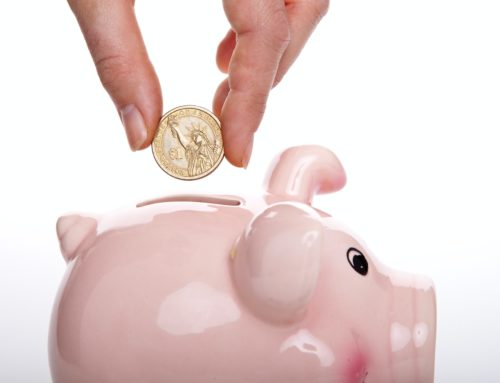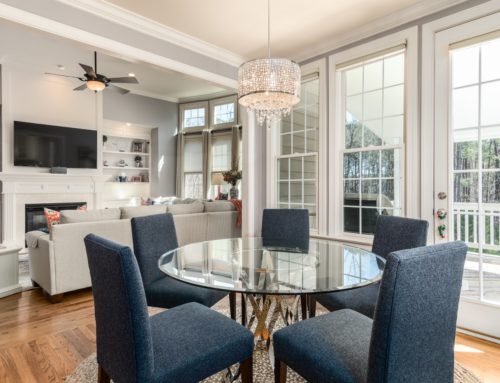An pre-owned, available home purchased from a realty listing is very different to building your custom house with your most wanted amenities. This is especially true when it comes time to prepare for property taxes. How will you determine how much to save or put towards your mortgage without knowing the exact amount?
Many families are baffled by this topic as they consider the ongoing costs of homeownership in relation to a new home. It is not as difficult as it seems at first glance, but it can be a lot easier to understand. You can find a satisfactory solution to your property taxes related to your new home with a little research and legwork.
PROPERTY TXES IN YOUR AREA
Property taxes will apply regardless of where you build. Are you new to homeownership? Property taxes can vary from one municipality to the next. Property taxes are generally assessed by the local government. However, they also have federal and state considerations.
The millage for your area is the first tax that will be used to determine any property tax. The millage is the property tax due for each $1,000 of assessed property value. It is expressed as a percentage. If your property is valued at $200,000 and the millage rate, also known as a mill levy, is 1 percent, then you multiply $200,000 by.01 for $2,000. You would therefore expect to pay $2,000 annually in millage tax.
Property taxes go beyond the millage tax. The school district where you are building will likely add an additional tax to your property taxes. If you move to a school that charges a 1.0% tax per year and to a municipality that charges an additional.5 percentage tax, this means that you will need to add 1.5% (1.0 percent plus 0.5 percent) to your expected taxes or $3,000 annually. For a property valued at $200,000, you could expect to pay $5,000 in property tax.
HOW TO VALUE YOUR PROPERTY
Although you don’t get to decide how much your property is worth it, it is important to understand how it will be assessed. The final value will affect your property taxes.
An assessor conducts property assessments at the municipal level. An assessor will consider a variety of factors in determining the value of your property and home. You may be asked to perform one or more of these actions:
BASING THE PROPERTY ASSESSMENT ON COMPARATIVE PROPERTY IN THE AREA.
Let’s suppose that you plan to construct a new home of approximately 2,400 sq. ft on an acre. It will have three bedrooms, two bathrooms, and a garage with three cars. An assessor will search for comparable properties and examine their assessments to determine if they are suitable starting points.
This can be a tricky topic, since most homes are very different. Even though two homes may look very similar, one home could be valued higher than the other depending on many factors. This includes the materials used to create beautiful interior and exterior spaces. It’s clear that comparing properties can feel a lot like comparing apples and oranges. They may look similar on paper, but they don’t always match in real life.
Talk to the assessor and go on a walkthrough of the property with them if possible. This will help you to understand the value of your home. It also gives you the chance to ask questions.
BASING YOUR PROPERTY ANALYSIS ON THE INCOME THAT YOU COULD RECEIVE, IF YOUR HOME IS RENTED.
It is possible to build a home and rent it out. It is possible to build your own home and get an offer for a job in the United States. You might consider selling your home and making it an investment property.
If you know that you are renting your house, assessors may use the “income method”. After you have paid maintenance and insurance, the income method calculates how much you will make on your rental property. The assessor will then assign a percentage (or assessed value) of the assessed property valuation. This sounds complicated but it’s not!
WHAT DO YOU DO IF YOUR ASSOCIATED ESSAY IS OFF-BASE?
Your property tax rate has been calculated and your home has been appraised. But you are concerned that the amount is too high. You should contact your local municipality to request a reassessment. You should not ask for a tax reassessment just because you want to save money. Reassessments can take some time and may result in a higher property assessment than you currently have.
However, if you feel that it is worth speaking with your assessor, then do so. It is better to inquire than to overpay.
MAKE PAYING YOUR PROPERTY TXES LESSER CHALLENGING
Nobody likes to write a check for any tax, particularly property taxes. It’s part and parcel of home ownership. There are two options when it comes time to pay your property taxes. You can either write a check or have your mortgage company write a check from that account.
This method works best for those who are able to save the money they need and want to know exactly what they’re spending. People who don’t want to spend too much time worrying about property taxes and prefer to roll it into their mortgage payments will often use the second method. Make sure you pay your property taxes and your lender on-time. Remember that if your property taxes are escrowed, when it comes time to pay the mortgage off, you will need to send your tax collector a check.
Property taxes are not an easy pill to swallow. They are like any tax. However, they can be confusing and frustrating.




